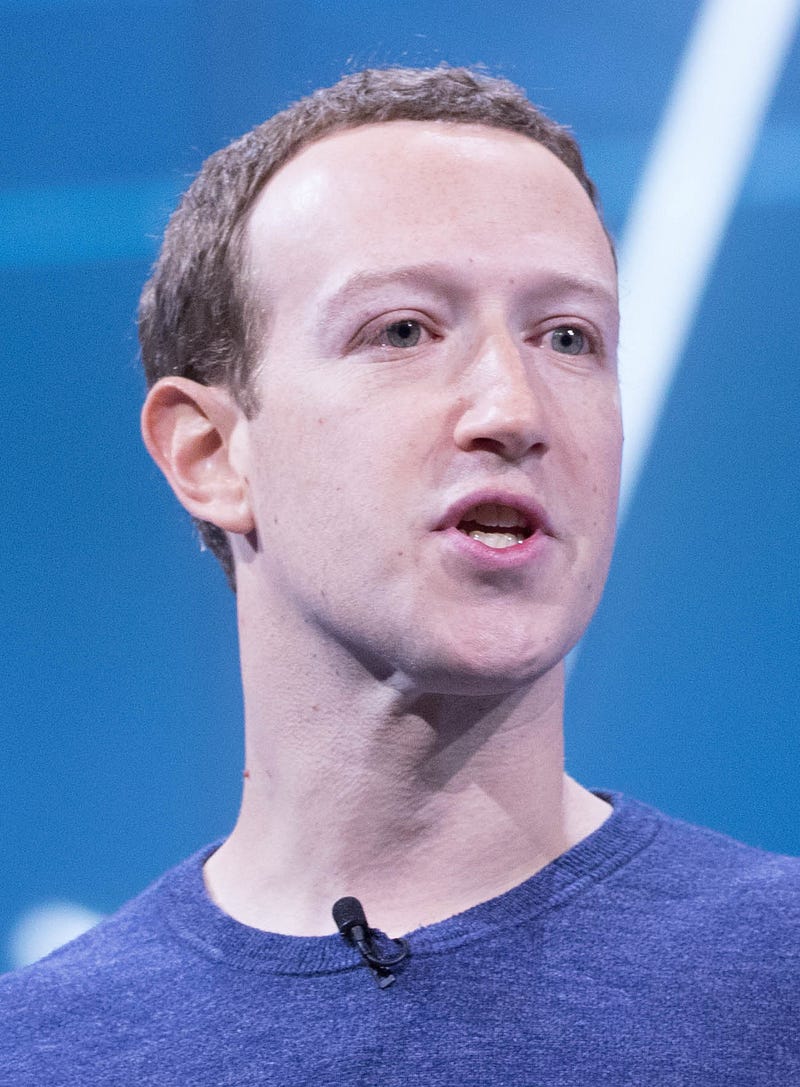
Chairman and CEO of Facebook Mark Zuckerberg appeared before the House Committee on Financial Services on Wednesday to defend the cryptocurrency Libra, along with Facebook’s proprietary digital wallet Calibra. Political and tech analysts forecast a thorough drubbing for Zuckerberg and the embattled currency.
Just last week, Libra lost seven of its biggest and most financially-entrenched corporate partners, including Mastercard, Visa, eBay, and Paypal. The Libra Association retains just 19 of its original 27 corporate members amid deridings from regulators and analysts alike. A 37-page report from the G7 suggested introduction of so-called “stablecoins” like Libra could have “significant adverse effects” on the global monetary system.
Beyond the matters of Libra and cryptocurrencies, the hearing provides another grand publicity opportunity for Mr. Zuckerberg, who has appeared before Congress several times since the 2016 presidential election and the subsequent fallout over Facebook’s role in providing a platform for the dissemination of fake news.
No doubt, Mr. Zuckerberg continues to hide behind references to his “team,” whom he regularly alludes to throughout his remarks at Congressional hearings. In Zuckerberg’s widely-viewed appearance before Congress on April 10, Zuckerberg referenced his team no less than 16 times during his testimony before the Senate Commerce and Judiciary Committees.
Mr. Zuckerberg often brings up his team whenever he is lacking details on a matter — like how many audits his data privacy teams have carried out to ensure deletion of improperly transferred data or the number of Russian advertising accounts taken down. One could offer Zuckerberg the benefit of the doubt regarding the recall of large quantities of information demanded in the stressful, high stakes environment of a Congressional hearing.
Zuckerberg also uses his team to obfuscate and dodge simple questions. In his testimony last April, Sen. Roger Wicker asked Mr. Zuckerberg if Facebook could “track a user’s Internet browsing activity, even after that user has logged off of the Facebook platform.” An easy question, to which Zuckerberg responded, “It would probably be better to have my team follow up afterwards.” Responding to whether or not he would be a strong advocate for the passing of the Honest Ads Act — which would improve disclosure requirements for online political advertisements — Zuckerberg responded, “Our team is certainly going to work on this,” without offering a strong statement in the affirmative.
When it comes to showing off who runs Facebook in the public eye, Zuckerberg likes to take credit for his creation. Of past mistakes regarding privacy and data protection, Zuckerberg has taken the blame for lacking user protections, stating bluntly at the April 10 hearing that he “started Facebook, I run it, and I’m responsible for what happens here.”
But when it comes to bringing the truth to light, Zuckerberg still uses his team as a crutch. He insists on conferring with his team on many details and decisions, but his portrayal of functional and inclusive decision making from the top down at Facebook is a distortion of reality.
While Zuckerberg hides behind his team at hearings, the folks asking the questions — our elected senators and representatives — consistently ignore the fact that Mark Zuckerberg acts more like a nation-state than a person.
At Facebook, he acts more like a king than a chairman of the board. In the end, Zuckerberg controls 58 percent of Facebook’s voting power, enabling him to retain a monopoly vote. Facebook does not change without Zuckerberg’s blessing, and it will not change without his own personal initiative.
In an opinion piece in
The New York Times
this summer, Facebook’s co-founder Chris Hughes declared that, “Facebook’s board works more like an advisory committee than an overseer.” According to Hughes, Zuckerberg exercises final discretion on how to design Facebook’s algorithms. Zuckerberg’s unitary control means that he alone can determine “what people see in their News Feeds, what privacy settings they can use and even which messages get delivered […] He sets the rules for how to distinguish violent and incendiary speech from the merely offensive, and he can choose to shut down a competitor by acquiring, blocking or copying it.”
The bottom line is that the buck stops with Zuck. He will likely continue to try to frame the issues of fake news and privacy through the difficulties of running Facebook, justifying this decision by stating that social media is still in its infancy. He may again try to deflect responsibility from himself and the company onto Facebook users. It wouldn’t be the first time. At the April hearing, Zuckerberg said, “We’re responsible for the content, but we don’t produce the content.”
If Mr. Zuckerberg wants to say that the buck stops with him, then he should be held liable for what happens at Facebook. And that starts with lawmakers asking for more than a follow up with “my team.”

















